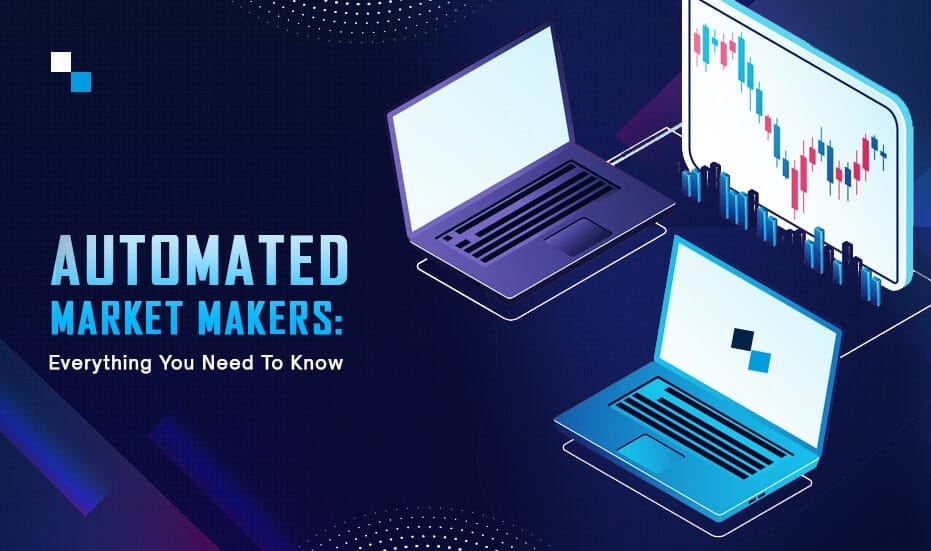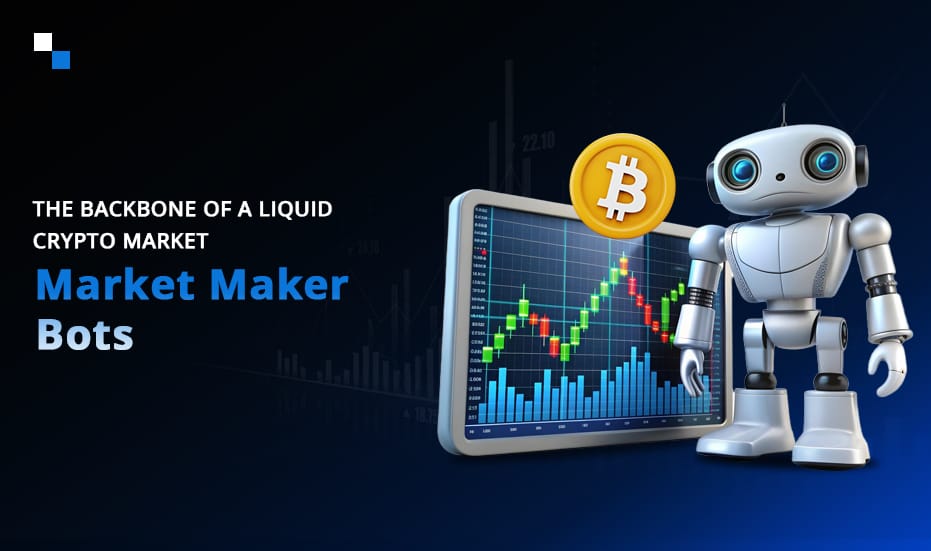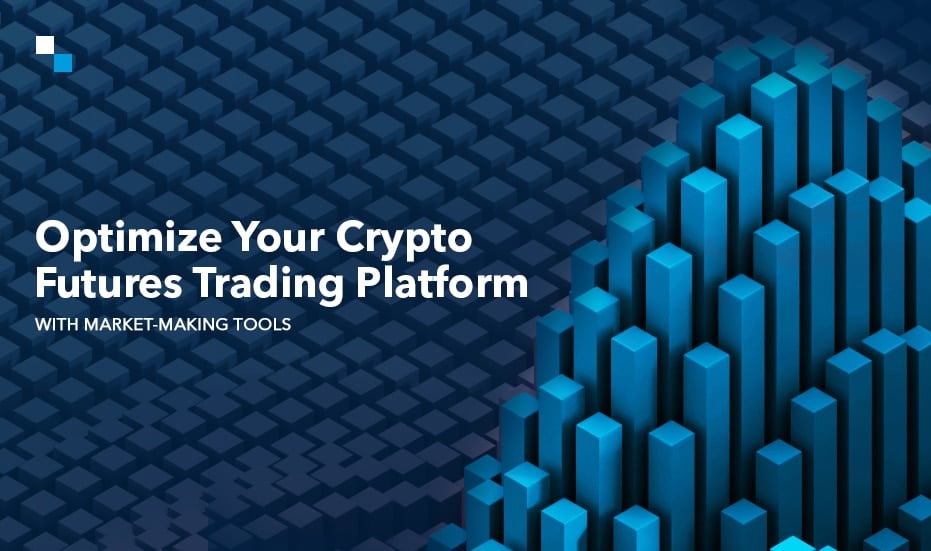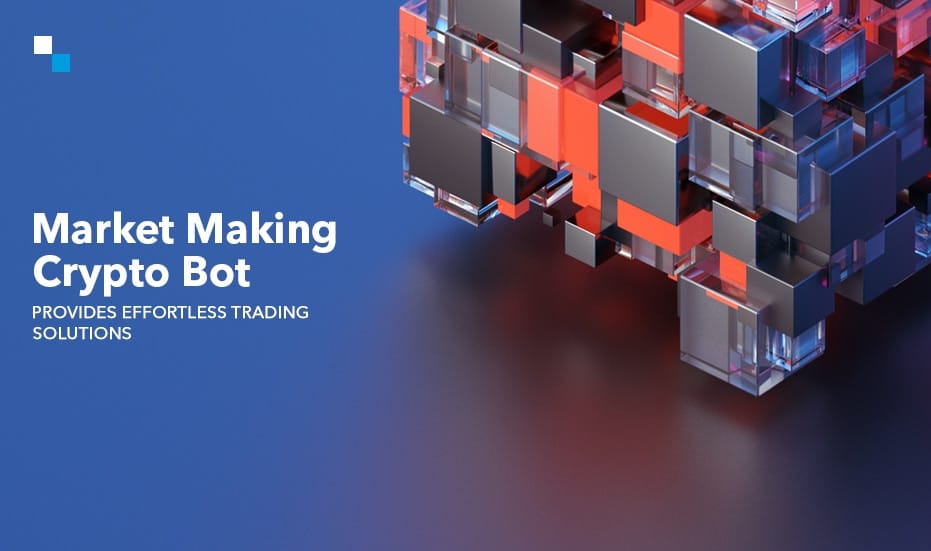
How to Create a MultiChain Wallet The Easiest Way
April 4, 2023
How Much Does it Cost to Develop a Sports Betting App Like FanDuel?
April 5, 2023Table of Contents
Introduction
Decentralized finance (DeFi) is one of the major movements of the fintech industry that have been transforming conventional financial services. The advent of DeFi has significantly altered the way trading activity used to occur. In the past, centralized exchanges (CEXs) had a monopoly over the digital asset space. The catastrophic collapse of many renowned CEXs aggravated the need for a paradigm that supported end users’ dominion over their cryptocurrency. This gave rise to DEX Trading Platform Development.
Decentralized exchanges can be implemented in multiple ways. Broadly, one of its popular categories makes use of an on-chain order book that records all the orders. Another utilizes an off-chain order book where orders are recorded probably in a centralized ecosystem while transactions are settled over the blockchain. The former is overly expensive while the latter is less decentralized. The failure of either of these mechanisms in one way or another led to DEX development regulated by AMMs (Automated Market Makers).
AMMs cost-effectively fulfill the quench of liquidity through crypto asset pools and eliminate any need for third-party intervention, therefore making the process 100% decentralized.
What is an Automated Market Maker?
If you are willing to create DeFi exchange that is underpinned by an AMM, you must know what a market maker is and how it is different from AMM. A market maker is an institution that generates profit from the difference between the price at which it sells and buys the asset, also known as the bid-ask spread. They facilitate liquidity and influence the pricing process in traditional markets.
In decentralized cryptocurrency markets regulated by AMMs, the order matching and book system are replaced by autonomous algorithmic protocols dubbed liquidity pools which are collections of multiple digital assets locked in a smart contract. As discussed earlier, AMMs enable enough liquidity through liquidity pools. The prices in automated market makers are determined by mathematical formulas which may vary for each protocol.
Automated market makers are a type of decentralized exchange that automates the process of clearance of transactions between buyers and sellers by leveraging self-executing programs known as smart contracts. They liberate the cryptocurrency market from direct dependence on buyers and sellers for liquidity which means that buy and sell orders are fulfilled even if there are no counterparties ready to trade.
Working of an Automated Market Maker
Cryptopreneurs interested to launch DeFi exchange solution must consider AMMs as they are cost-effective to implement and fully decentralized. Here’s what you being a cryptopreneur entering the crypto space with a DEX must know about the functioning of AMMs:
As mentioned earlier, AMM-powered decentralized exchanges need no counterparty to facilitate a buy/sell transaction as a liquidity pool locked in a smart contract acts as one. Even if there is no direct need for a buyer or seller during the time an end-customer raises a sell or buy order, smart contracts still need liquidity. This is where liquidity providers (LPs) play their part. They put their funds in specific digital asset pools in the desire of a predetermined share of the profit generated by DEXs from their funds.
Each liquidity pool is composed of two digital assets that together form a trading pair. The value of cryptocurrencies in a trading pair is set by a standard formula. For e.g., Uniswap, a leading automated market maker follows the formulae – x*y=k, where x is the amount of one digital asset while y is the amount of another in the trading pair and k is a constant. Different decentralized trading protocols may use different liquidity pool algorithms to maintain the price ratio between two digital assets.
Automated Market Makers DEX Development – Benefits & Limitations
AMMs are one of the major DeFi archetypes that are popular amongst end-users. A recent report suggests that Uniswap and Curve Finance, the two major AMM platforms topping the user activity charts, solely hold around $3B and $4B worth of tokens.
AMMs have their own advantages and disadvantages for crypto traders which means all the businesses thinking to create DeFi exchange secured by AMMs must look into their pros and cons.
Benefits:
1. Access:
Decentralized exchanges fastened with AMM facilitate trading for a large proportion of investors worldwide. Anyone who can operate crypto wallets can trade cryptocurrency over AMM DeFi exchanges.
2. Slashed Slippage:
Slippage refers to a change in price that occurs when a trade order larger than the liquidity pool arrives in the market. The change is quite considerable when the order is very large.
3. Liquidity:
As long as lucrative rewards are being offered in return for liquidity provision, the liquidity is available in significant amounts. A large proportion of investors lock their funds in digital asset pools as returns are certain.
Limitations:
1. Impermanent Loss:
When the price ratio of tokens changes after LPs (liquidity providers) deposit them in a liquidity pool, it is termed as impermanent loss. Impermanent loss is large when change is big. It is minimal when the trading pair consists of tokens with similar values.
2. Slippage Risk:
The slippage may still occur if larger trade orders than available liquidity enters the market.
3. Security Risks:
Though the point of attack is not single, decentralized exchanges are still not completely immune to security threats. However, most of the security-related threats can be taken care of while DEX Trading Platform Development.
Top 5 Automated Market Makers of 2023
Developing an AMM-based DEX from scratch is a costly venture. Undoubtedly, many entrepreneurs would want to opt for DEX Exchange Script solutions so that they can take advantage of experts’ work, increase time-to-market and reduce time and cost deployed.
Here’re the 5 Best Automated Market Makers DEX Exchange Scripts of 2023:
1. 1inch:
The pathfinder algorithm implemented in this DEX aggregator is a developer’s pick in 2023. Moreover, the exchange unites multiple DEX aggregator solutions, enabling fast, secure, and convenient operations. Traders can find the best price of an asset at 1inch DEX aggregator.
2. VoltSwap:
The community-driven project is the first major DEX to feature on the meter ecosystem (blockchain) that enables lightning-fast transactions at a low gas fee. The swap introduces exclusive features for investors and retail traders.
3. Phantom:
The ability to use phantom from any browser for storage, instant swap, and receiving and sending tokens over the Solana blockchain is what makes it special. Moreover, the platform is simple yet secure.
4. BakerySwap:
The famous first AMM to enable NFT to buy and sell over Binance Smart Chain has extensive capabilities due to which it is rapidly progressing.
5. Demex:
It claims to be the first fully decentralized exchange giving investors and retail traders access to open markets. To enable impeccable trading experience for complex financial instruments, it functions over layer 2 blockchain known as carbon protocol.
Final Thoughts
The immense potential in DeFi is still untapped. AMMs are helping exchange platforms unleash the potential of DeFi as they enable complete decentralization.
If you are a business interested to Launch DeFi Exchange Solution, Antier can offer on-demand DEX development services as well as rigorously tested DEX exchange scripts. Get in touch with technical sales right away..!



